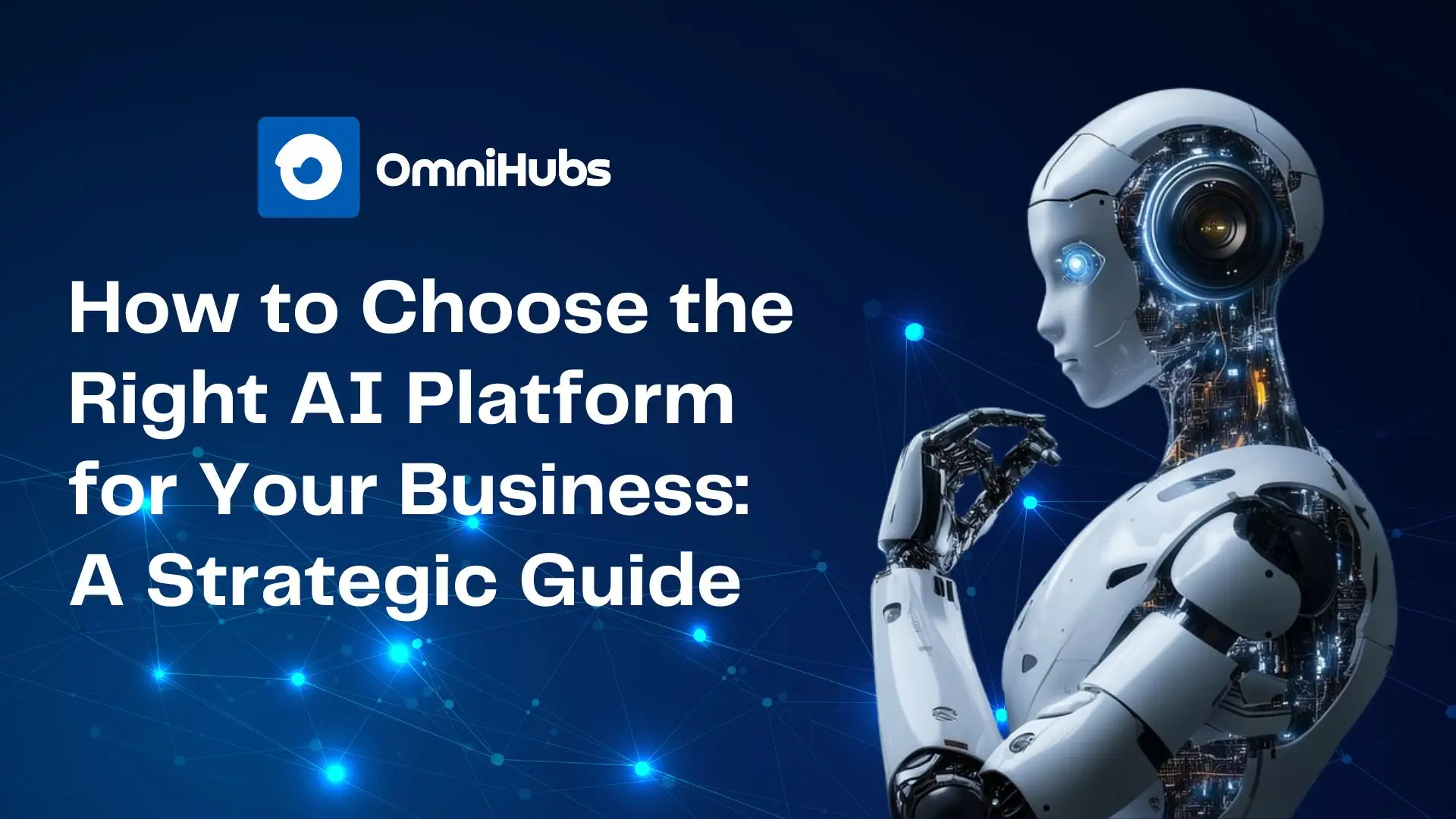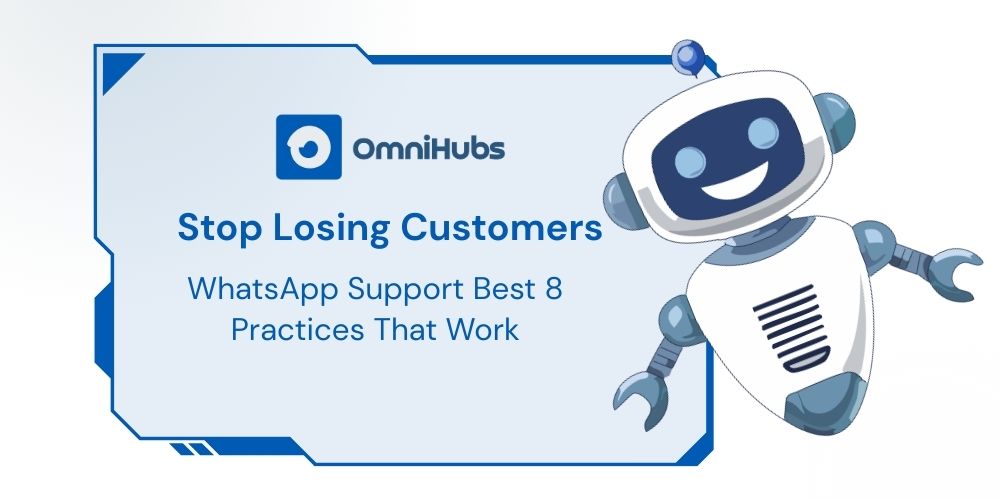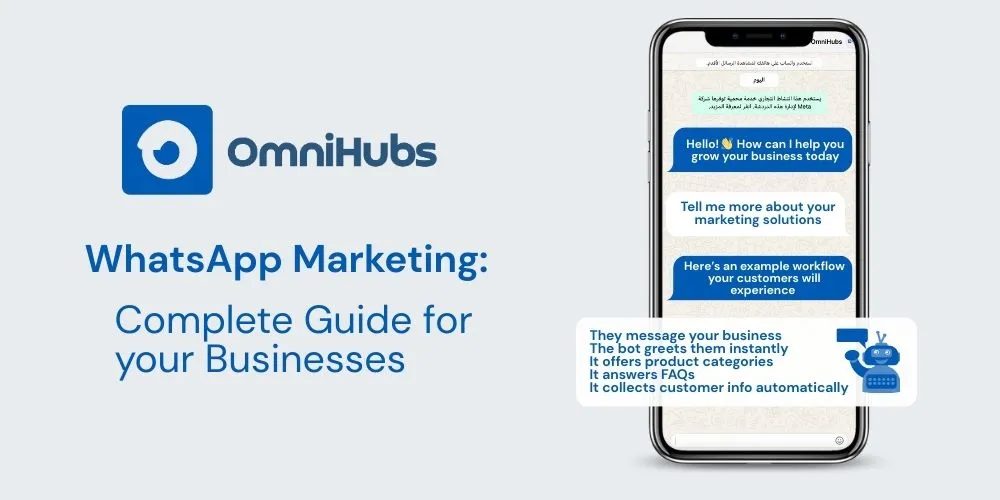
At lightning-quick speed, customer expectations are changing. The tools you use to communicate with your customers can no longer stall. The customer service technology of yesterday, which was thought of as a back-office function, now can make it into the boardroom. The conversation for consumer-facing industries (retail, travel, e-commerce), has pivoted from “Will we, won’t we, or should we adopt AI?” into, “How fast can we deliver value through AI in our cemented customer needs to stay competitive in a volatile market?”
This guide will uncover why AI communication platforms have set a new base for business strategies, what criteria are to be used to make your selection, and then to assess solutions against wider organizational aspirations. Ultimately, when selecting an AI, it is no longer about comparing individual specifications, but about finding a partner with potential to fit its growth, flexibility and governance aspirations.
Book the best business messaging platform with us
Why AI Has Become the Strategic Imperative for Customer Communication
Now, the customer expects brands to interact with them instantly, seamlessly and personally across chat, email, social or voice channels. Meeting these needs at scale is very challenging without intelligent automation. AI can shift customer communication from a reactive support function to a proactive driver of loyalty and differentiation. By removing the lower value of repetitive manual tasks, it helps teams spend more time on complex, high-value tasks, thereby enhancing the customer experience and allowing the business to take a position as forward-thinking and competitive.
Speed is a second key benefit. While a traditional solution may take months to implement, an AI platform can take weeks, thus enabling organizations to test, refine and scale quickly, even in fast-moving markets. However, speed should not come at the expense of being responsible. We cannot ignore questions of compliance, data protection and operational transparency. The better AI platforms will blend innovation with governance, ensuring that organizations can expand and grow quickly but not at the expense of trust and accountability.
Important Dimensions When Choosing AI Platforms
The choice of AI solution should be framed in terms of a strategic investment as opposed to being viewed as a technology deployment. Here are the main areas to work through:
- Agility and Time to Value
Most organizations cannot afford long implementations with heavy resource usage. Look for platforms that allow you to conduct quick pilots, do multiple iterations of experimentation, and scale builds that align with your growth.
- Omni-channel
Your customers don’t care which channel you’re talking to them through, they expect consistency across every touchpoint: email, chat, voice, social, etc. Best-in-class AI platforms create one unified channel for your customers and a one unified workflow varying by team.
- User Enablement and Accessibility
The best-in-class platforms are designed for business teams, not IT teams. Low-code/no-code interfaces allow business professionals the ability to design, transcribe, and manage customer journeys on their own, putting additional resources in the back-office and reducing bottlenecks, ultimately achieving a more agile experience.
- Scalable with your Financial Structure
Your growth should not feel like a financial burden. Look for platforms where pricing structures scale in a rational way, aligned with your impact and success, allowing you to scale your organization to include new opportunities as opposed to feeling the financial strain of growing.
5. Governance, Security, and Compliance
As pressure builds to ensure effective management of data, following regulations simply cannot be avoided. The right platform should ensure transparency, secure data access and actions, and compliance to safeguard the business and its customers.
6. Ecosystem Fit and Integration
Think about how the platform will interface within your current digital stack. For some organizations, proper integration with existing and established platforms may be a priority. However, there are other organizations that value the results of a standalone solution that is quick, easy, and simple to implement.
Ultimately, the AI platform your organization partners with will determine how you communicate, compete, and scale your business. It is not about the features, it is about the right alignment with your organization’s longer term goals and objectives speed, scale, and accountability ensure sustainability in the organization.
Now with omnihubs get one platform to connect
Comparing Today’s Top AI Platforms
Knowing the practical strengths and trade-offs of various platforms can serve you better than knowing a list of their features. Below is a strategic view broken down by how some of the well-known AI solutions perform against considerations of agility, scalability, and business impact:
- Zendesk has earned its reputation as a customer support platform because it offers reliable ticket management and strong omnichannel capabilities. However, because of their robustness, sometimes there can be complexity in deployments, and with IT involvement delay, it makes these services less agile than organizations may prefer.
- Salesforce Agentforce is truly remarkable for its level of ability to integrate into data ecosystems and scale the service across large organizations. For organizations committed to Salesforce to this level, this seems to fit naturally. However, their cost structure, and reliance on IT specialists for implementation does present barriers even for organizations that appreciate expediency and independence.
- Intercom remains a leading solution providing conversational engagement through live chat and customer messaging. Intercom provides simplicity and immediacy, but some organizations may find that not having the depth of automation, with or without workflows, or voice, means Intercom cannot be a holistic enterprise solution.
In contrast, our platform was built from the ground up for agility and autonomy. Designed to be simple to use, have AI powered and automatic operations capabilities and true omnichannel coverage, organizations can get up and running rapidly, iterate quickly, and scale seamlessly. In fact, its most unique value proposition is the reduction of dependence on IT teams, enabling business users to create and perfect customer journeys, even in the industries that require urgency and adaptability for survival.
Strategic Questions Leaders Should be Asking
When deciding between AI platforms, businesses should avoid deciding based solely on the features table. A more strategic approach is to ask key questions that provide a better insight, such as:
- Timeline for Value: How soon can we deploy the platform, and when will we see results?
- Governance Alignment: Will the solution meet our compliance, transparency, and data protection?
- Scalability without Stress: Can the platform scale with our growth, while remaining financially viable?
- Empowerment of Teams: Will our people be able to innovate without reliance on IT?
- Customer Centricity: Does the platform enhance the way we want to engage with, serve, and grow our customers?
The answers to these questions serve as a compass for leaders to identify a solution that supports not only their operational outcomes but their long-term vision.
Selecting Technology as a Strategic Extension
Investing in an AI platform is not merely a purchase of software. It is a strategic commitment of how your organizations will provide value, innovate and compete. For companies built on traditional ecosystems, stable legacy platforms (like Salesforce) will continue to provide stability. But for organizations that desire agility, speed and independence, a modern solution such as what our platform presents, is critical to transformation.
Ultimately the selection should come down to alignment. Select a platform that meets your strategic priorities, empowers your teams, and allows you to serve your customers in ways that promote loyalty and generate growth. The selected platform is not just technology- it is your chosen extension of your business model, and foundation for long-term competitiveness.
Are you ready to re-imagine engagement with your customers and take advantage of AI to accelerate your business? See how our platform can support smarter, faster and more valuable communication, turning customer experience into your single most durable advantage.











